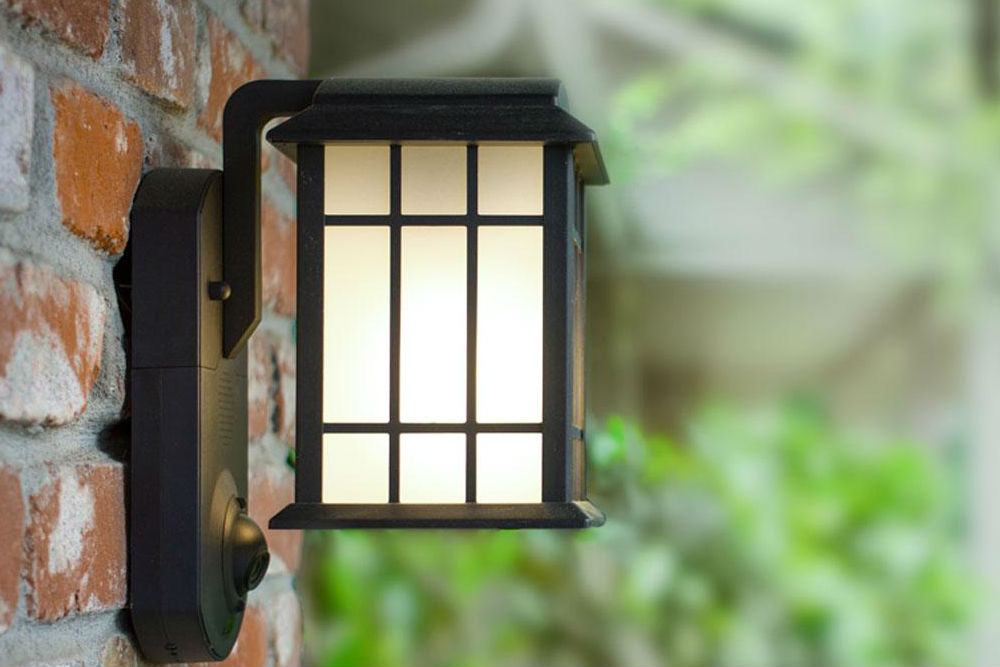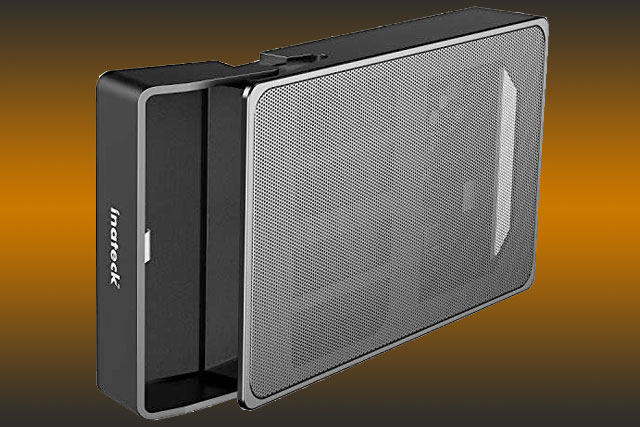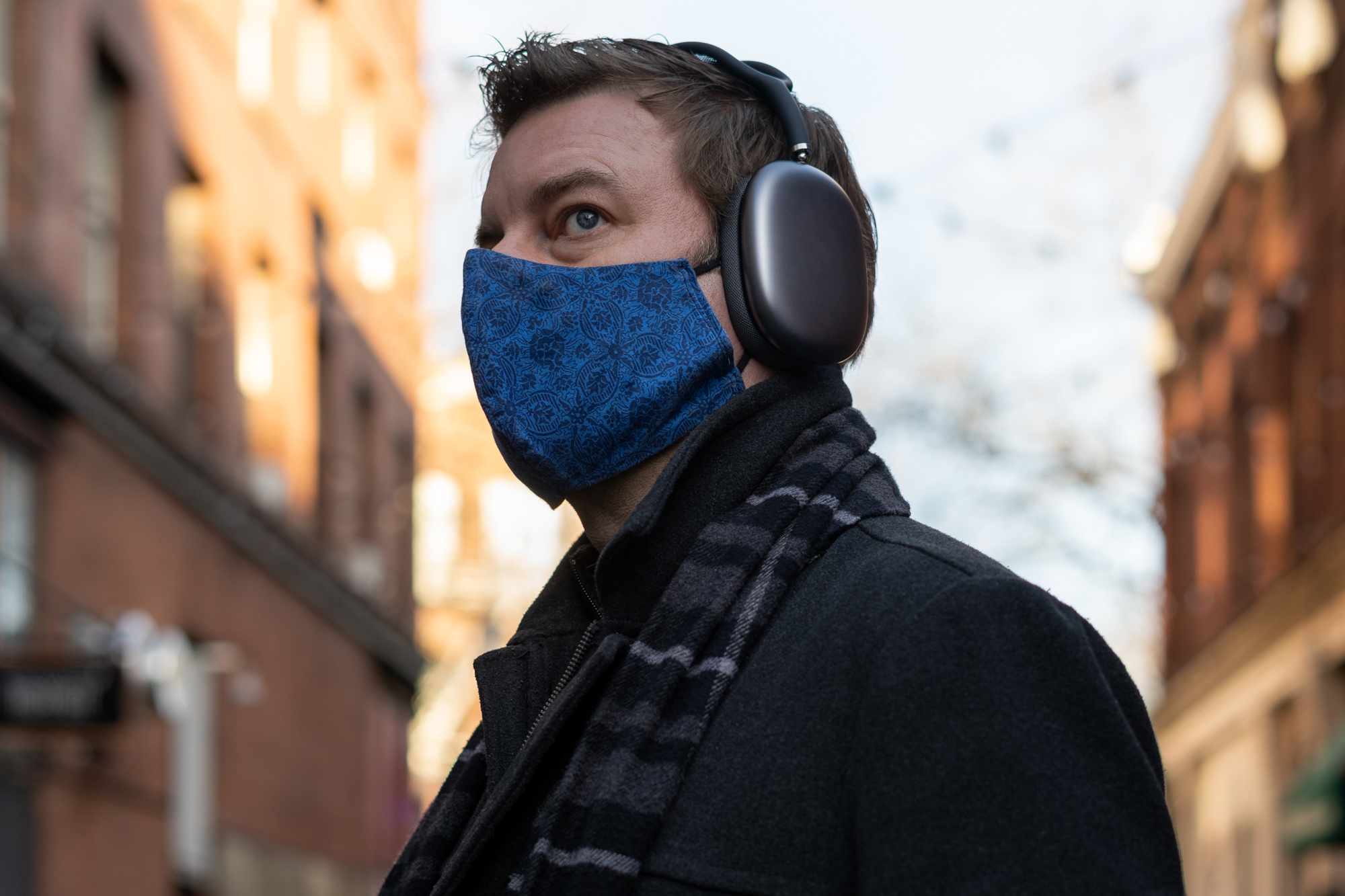
Apple’s AirPods Max are a outstanding set of wi-fi headphones. They’ve excellent noise cancellation, their ambient/transparency mode is the perfect you may get, and regardless of being one of many heaviest headphones in the marketplace, they’re surprisingly snug. However Apple has but to deal with the AirPods Max’s biggest weak point: they’re a $549 set of headphones that solely work with compressed, lossy digital audio.
What’s that should do with USB-C? All the pieces.
The nice digital divide
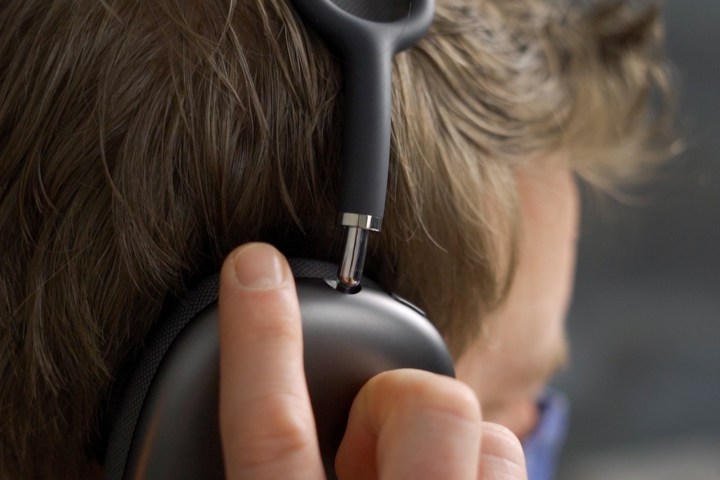
The AirPods Max’s downside, in a nutshell, is the way in which they take care of audio connections. At problem is the truth that regardless that the Apple Music streaming service now affords most songs in lossless audio — in some circumstances at a hi-res audio stage of 24-bit/192kHz — there’s no technique to hear the total high quality of those lossless tracks on the AirPods Max.
When you hear wirelessly, through Bluetooth, the headphones depend on the AAC codec. AAC sounds fairly good, all issues thought-about. Nevertheless it’s nonetheless a lossy codec, which implies a good quantity of the knowledge and element contained in a CD-quality (or higher) recording must be discarded so as to make the audio stream sufficiently small to be transported over Bluetooth.
This isn’t a scenario distinctive to Apple’s headphones. All Bluetooth headphones to date should use lossy compression — even when they’re outfitted with a really top quality codec like Sony’s LDAC or Qualcomm’s aptX HD.
The distinction is that different headphone firms acknowledge this limitation by providing customers a wired connection (typically analog, typically digital) that lets them get round lossy compression by going direct to the supply. Need lossless? You want a wired connection.
The AirPods Max have an elective wired connection, too, but it surely must be the strangest wired connection within the headphone trade. As an alternative of piping analog audio straight into the headphone’s drivers so that you could use an exterior headphone amp and digital-to-analog converter (DAC) of your selecting, and as a substitute of utilizing a direct digital connection so that you could feed the headphone’s inside amp/DAC with an unadulterated lossless digital sign, Apple has used a weird hybrid strategy.
Its $35 Lightning-to-3.5mm audio cable takes an analog sign out of your supply system, then converts it right into a digital sign, earlier than lastly changing it again into an analog sign. (And, sure, you learn that proper — it’s a must to purchase that cable individually.) It’s a course of that Apple has acknowledged is lower than perfect in the case of listening to lossless music, saying, “given the analog-to-digital conversion within the cable, the playback won’t be utterly lossless.”
USB-C to the rescue?
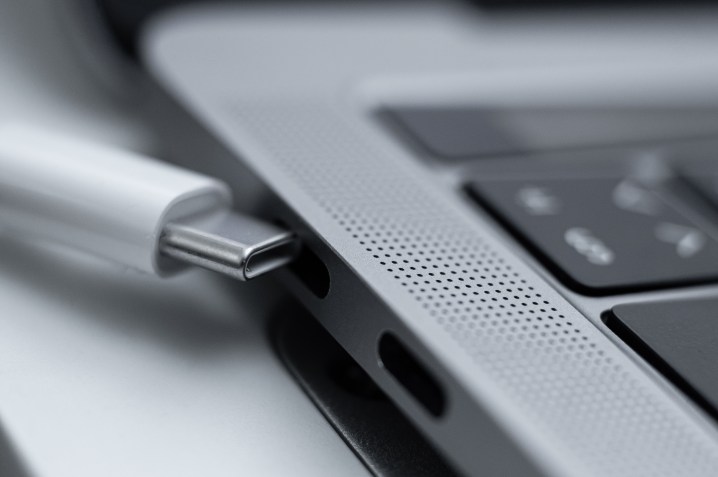
This illogical state of affairs raises the query of why does it exist within the first place? And what (if something) can Apple do to repair it? I’ve some theories.
First, let’s get some tech stuff out of the way in which.
Apple’s Lightning port can’t ship analog alerts. We all know this as a result of if you wish to use a set of analog headphones with any iPhone newer than the iPhone 7, you’ll want a Lightning-to-3.5mm headphone adapter. And if it might’t ship analog alerts, it follows that it might’t obtain them both.
This explains why the Lightning-to-3.5mm audio cable does its analog-to-digital conversion — the sign going into the AirPods Max’s lighting port should be digital.
Apple may promote a Lightning-to-Lightning cable to ship that digital sign, but it surely has by no means opted to take action, maybe since you’d want a USB-A and USB-C adapter to make use of that cable with Apple’s different merchandise and that begins to get messy. And Apple is all about simplicity, not messiness.
If solely there have been a single, compact, absolutely reversible connector that may deal with each analog and digital audio alerts, the AirPods Max’s woes would lastly be put to relaxation. Oh wait, there’s: it’s referred to as USB-C.
USB-C is extremely dexterous. With the best {hardware} behind it, it might ship as much as 90 watts of energy. It will possibly act because the interface for Thunderbolt 3/4 gadgets with as much as 40Gbps of bandwidth. And, sure, it might handle analog and digital audio.
It’s already being utilized by the Grasp & Dynamic MW75 and the Bowers & Wilkins PX7 S2 in each digital and analog capacities, so this isn’t simply principle — it really works. And if Apple integrated it into the following AirPods Max, it will give people the perfect of each wired worlds: analog when individuals already personal headphone amp/DACs that they love, and digital for after they’re content material to let the headphones’ built-in circuitry do the heavy lifting.
Will Apple add USB-C to the following AirPods Max?
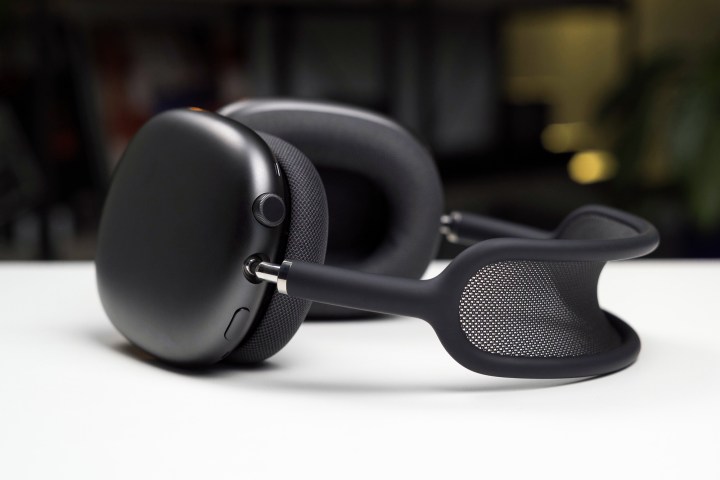
That’s the million-dollar query, and I believe the reply is sure. Nevertheless it may not occur as quickly as we’d all like. Regardless of rolling over and including USB-C to its MacBook Air, MacBook Professional, and choose iPad fashions, Apple has resisted switching from its proprietary Lightning connection to USB-C on the iPhone.
Stress from the European Union makes that change inevitable, however not rapid. Most Apple watchers assume the iPhone 14, broadly anticipated to be introduced within the fall, will nonetheless have a Lightning port.
In order that makes the iPhone 15 the almost certainly candidate to get the USB-C port. Assuming Apple’s historic sample of releasing a brand new iPhone each fall holds, meaning 2023 would be the finish of the road for Lightning-equipped iPhones. When that occurs, there’s nearly no cause for Apple to maintain utilizing its proprietary port on any system, lastly paving the way in which for an AirPods Max with USB-C.
What about lossless audio through wi-fi?
With the first headphones to make use of Qualcomm’s aptX Lossless Bluetooth codec now within the wild, we now have formally entered a brand new period for moveable, wi-fi sound high quality. However in the event you’re hoping that Apple will add aptX Lossless to the AirPods Max whereas we look forward to USB-C, I believe you’ll be disillusioned.
Apple has by no means licensed any aptX codecs from Qualcomm for the iPhone or any of its AirPods household of wi-fi earbuds and headphones, and I don’t anticipate that to alter any time quickly. It’s, nonetheless, conceivable that Apple will do what Apple loves doing, and create a model of its AirPlay wi-fi know-how that helps lossless audio on wi-fi headphones.
In the mean time, AirPlay 2 helps lossless music as much as 24-bit/48kHz, however solely over Wi-Fi connections, not Bluetooth. A Bluetooth-compatible model of AirPlay would definitely create some attention-grabbing alternatives, but when Apple is certainly engaged on such a method, it’s doubtless additional down its street map for the AirPods Max than USB-C.
Editors’ Suggestions

